
The Biological Mind
How Brain, Body, and Environment Collaborate to Make Us Who We Are
Recommendation
During the 1990s and early 2000s, popular media disseminated articles about brain science, often with brightly colored, sparkling, mystical illustrations of the brain. These articles seemed to intimate that the brain, with illumination from some internal iridescent glow, was magical, and somehow different from the rest of the human body. The impression: The brain is “what makes you, you.” MIT professor Alan Jasanoff takes brains off any mystical pedestals and presents them for what they really are – gelatinous organs steeped in “biological processes” and subject to environmental influences.
Summary
About the Author
Alan Jasanoff is professor of biological engineering, brain and cognitive sciences, and nuclear science and engineering at the Massachusetts Institute of Technology. He is also the director of the Center for Neurobiological Engineering and an associate investigator at the McGovern Institute.







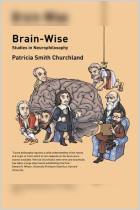
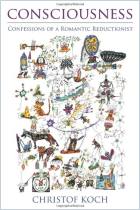
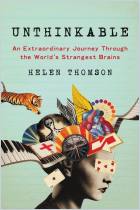
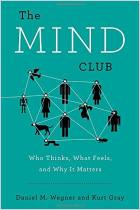
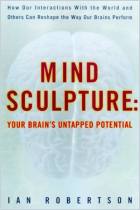
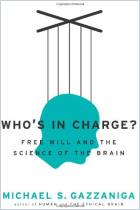
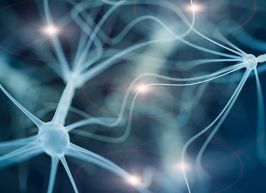

Comment on this summary or Start Discussion